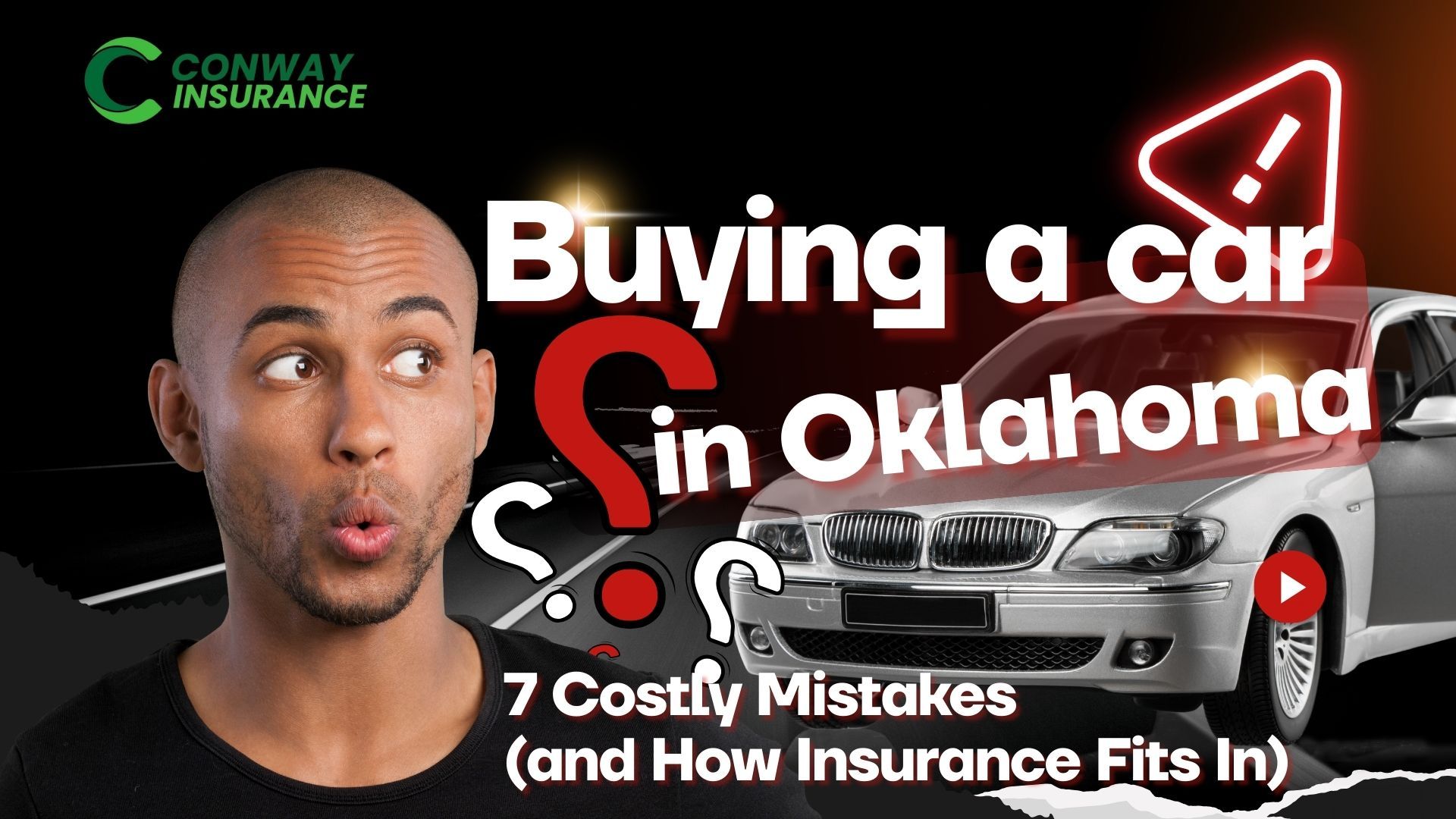The impact of your Social Media posts on your insurance
The impact of your Social Media posts on your Insurance

In today's world, social media is part of everyday life, but did you know it can affect your insurance? It's amazing how influential what you post online can be, whether it's for home or business.
Your social media posts are seen not only by friends and family, but by insurance companies as well! The insurance industry increasingly uses social media to assess risks and verify claims, so what you share online may have an impact on your coverage. This influence must be recognized so you can protect yourself and your assets.
The Impact of social media on Personal Insurance
Many people like to post vacation photos. Take a second look! Those dreamy beach photos could signal to potential burglars that your home is unoccupied, which could increase your risks and affect any claims you file. Have you been thinking about throwing a party or renovating your home? Posting about that big party or that home renovation project carriers could view that as increased risks. This in turn may impact your policy terms and premiums.
Many people love watching others go fast. However, if you post videos of yourself speeding or driving recklessly, your car, motorcycle, or boat insurance company may see that as a red flag. This may increase your premiums or even result in the termination of your insurance policy.
The health and life insurance markets are not interested in posting about high-risk hobbies such as base jumping or car racing, nor unhealthy habits such as smoking or excessive drinking. If life or health insurance companies view you as a high risk, your premiums may be higher or your application may be declined.
When your insurance claim and social media activity differ, an investigation may be initiated and even a denial of coverage may occur.
The Risks for Business Insurance
Improper social media posts and negative interactions with the public can lead to poor public relations and even civil suits. This can affect your business' profits and insurance coverage. When it comes to cyber insurance and data privacy, mishandling data on social media can result in data breaches. This may increase your cyber insurance premiums. Additionally, violating privacy regulations online can harm your legal standing and make your business less insurable.
Insurer's Best Practices
Maintaining best practices on social media is essential for maintaining insurance protection. To begin, check your privacy settings to see who can see your posts. Make sure you don't post sensitive information online or engage in risky behavior. Regularly clean up your online presence by removing anything that might raise concerns. Establish clear policies on social media use for your employees and make sure they follow them if you own a business. To conclude, stay informed about how insurers assess your social media activity.
Social media data is used by insurance companies in several ways. They can create a better risk profile by analyzing your posts, which helps them assess potential risks more accurately. They also use social media to detect fraud, comparing your online activity with your claims. Moreover, insurers may use your online behavior to make policy decisions.
Social media data must be used in accordance with privacy and legal guidelines. Maintaining trust requires transparency and fairness with policyholders.
Social media is a double-edged sword in the digital age. It keeps us connected, but it can also impact your insurance. Maintain a positive online presence without jeopardizing your coverage by following some best practices and staying aware of the risks.
Please note that the information provided in this article is intended for general informational purposes only and may not apply to your specific situation. Insurance laws and regulations can vary significantly from state to state, and it’s crucial to understand the specific requirements and coverages that apply to your location. We strongly recommend consulting with a licensed insurance agent in your state to discuss your unique needs and ensure you have the appropriate coverage for your circumstances.
Recent posts


